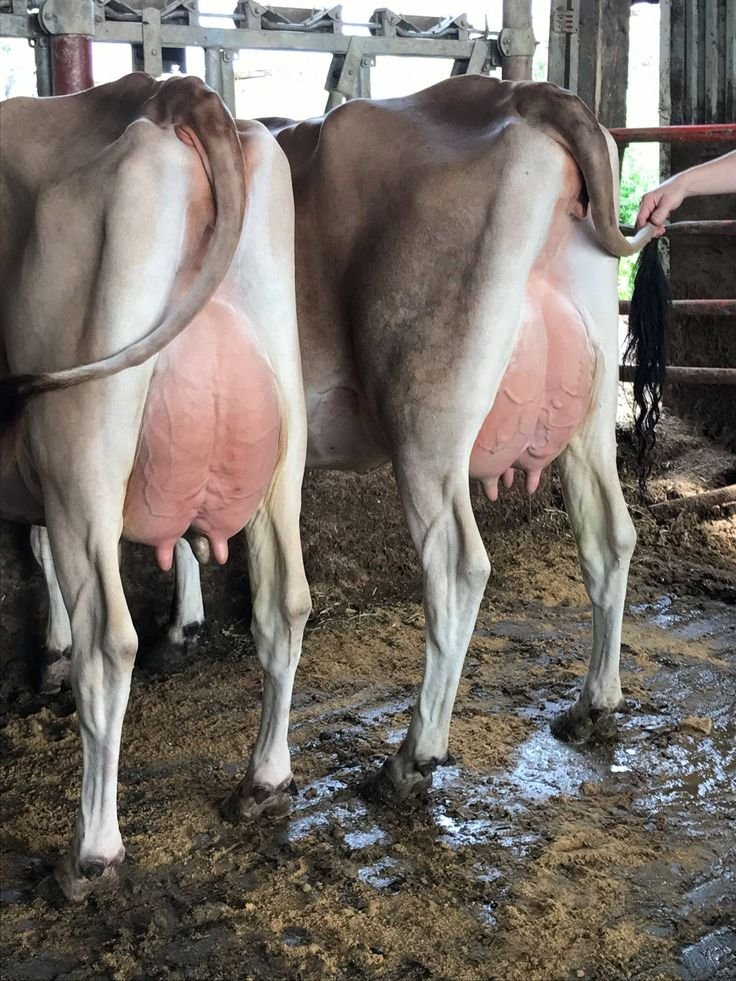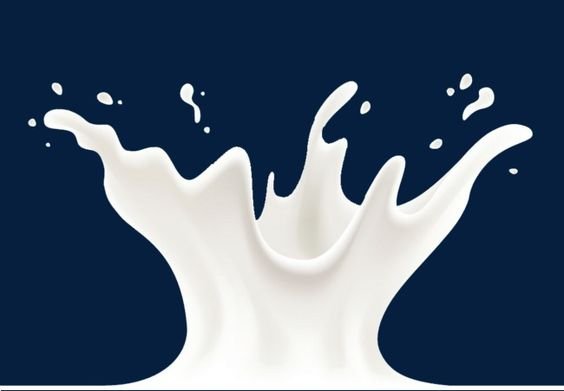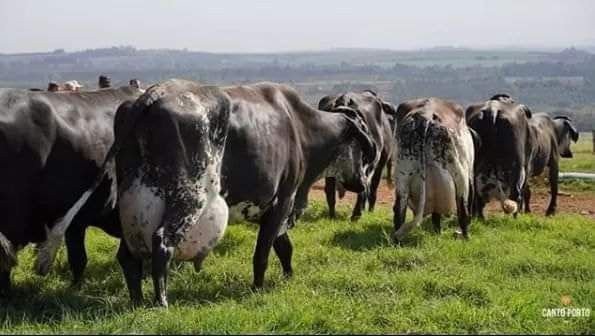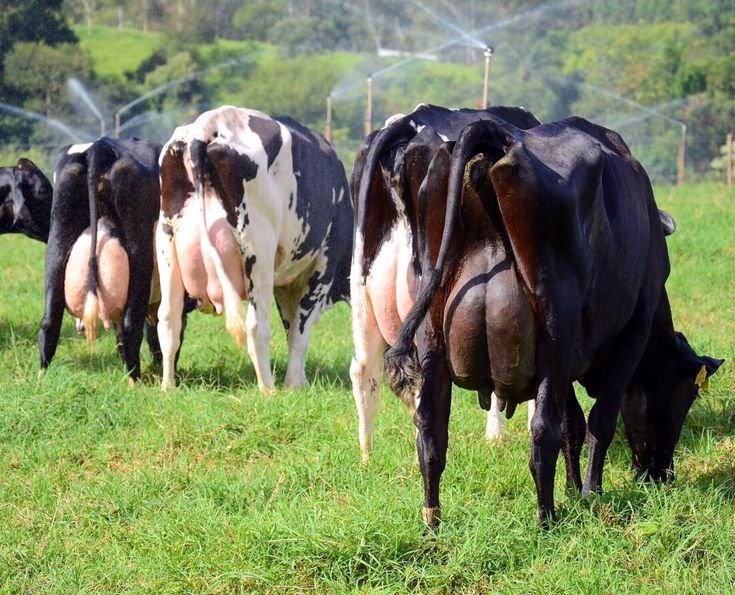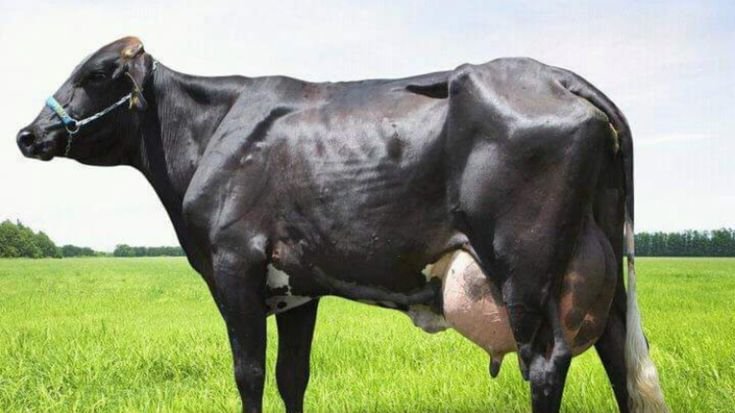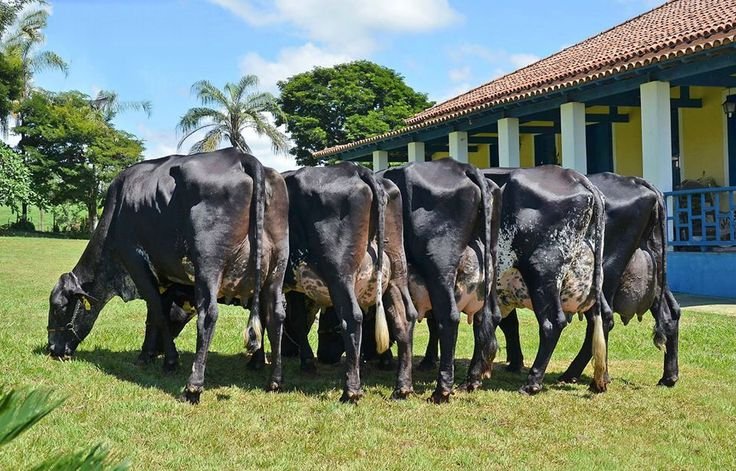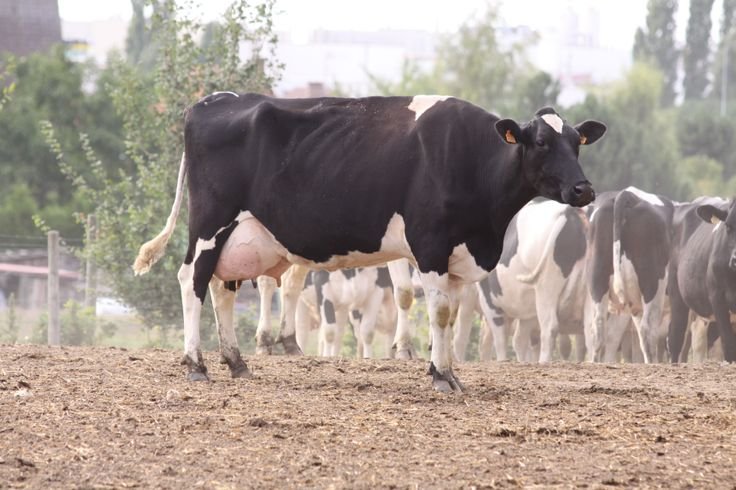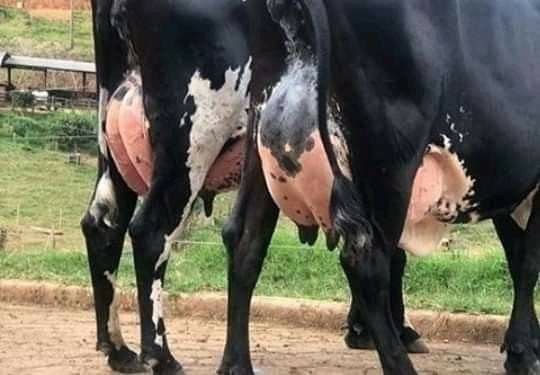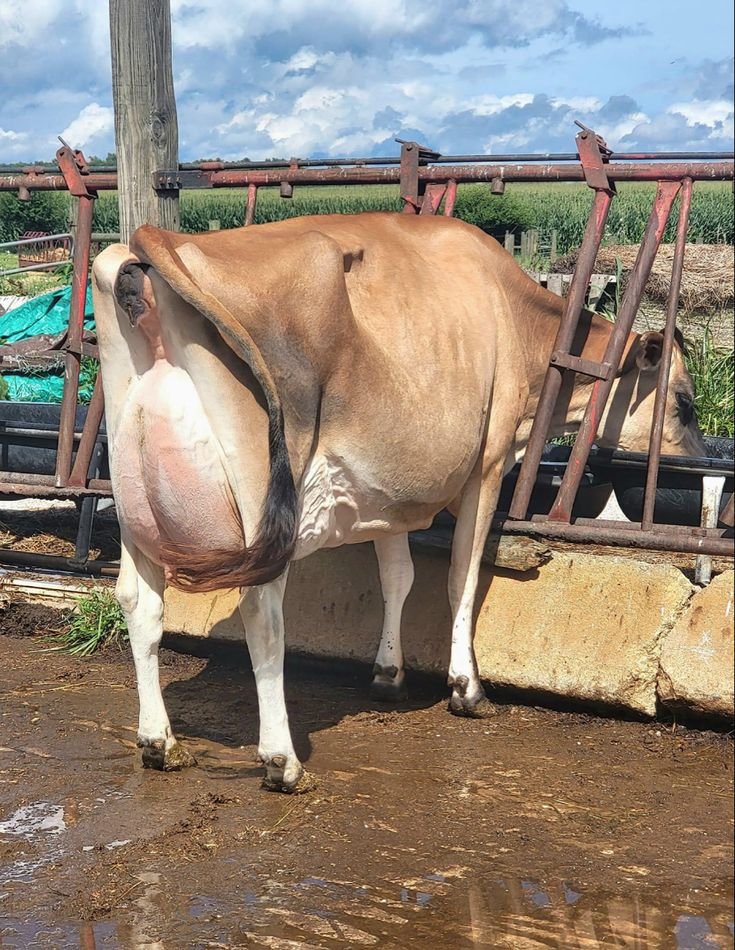Dairy farming is as much about science as it is about care. The nutritional health of dairy cattle is a critical factor in ensuring optimal milk production and the overall well-being of the herd. However, certain nutritional gaps can lead to health issues and reduced productivity. In this article, we explore the most common nutritional deficiencies in dairy cattle and the solutions to bridge these gaps effectively.
Common Nutritional Gaps in Dairy Cattle
1. Calcium Deficiency
Calcium is essential for milk production and skeletal health in dairy cattle. A deficiency can lead to:
- Milk Fever (hypocalcemia) in lactating cows.
- Weak bones and reduced mobility.
- Poor muscle contractions, affecting the birthing process.
Solution:
Incorporate high-quality calcium supplements like Sumo Power Ultra Calcium into the diet. These supplements are specially formulated to ensure optimal calcium absorption and maintain bone strength.
2. Protein Deficiency
Proteins are crucial for growth, reproduction, and milk synthesis. A lack of protein can cause:
- Lower milk yield and quality.
- Weak immune response.
- Delayed growth in young calves.
Solution:
Feed high-protein concentrates and forages like alfalfa. Add balanced protein supplements to the feed to ensure the cattle meet their daily protein requirements.
3. Vitamin Deficiency
Vitamins A, D, and E are vital for immunity, reproduction, and overall health. Their deficiencies may result in:
- Poor reproductive performance.
- Weak immunity leading to frequent infections.
- Reduced milk quality and yield.
Solution:
Provide multi-vitamin supplements such as Ultra Forte, which delivers essential vitamins in the right proportions to enhance immunity and reproductive health.
4. Energy Imbalance
Insufficient energy in the diet can lead to:
- Weight loss and reduced body condition.
- Low milk yield, especially during early lactation.
- Increased susceptibility to metabolic disorders like ketosis.
Solution:
Include energy-dense feeds like grains and silage. Supplements rich in digestible carbohydrates and fats can also help maintain energy levels during high-production phases.
5. Trace Mineral Deficiency
Trace minerals like zinc, selenium, copper, and manganese are small in quantity but crucial for:
- Enzyme function and metabolic processes.
- Skin, hoof, and reproductive health.
- Preventing oxidative stress.
Solution:
Introduce chelated mineral supplements that are easier to absorb, such as Sumo Mineral Mix, to ensure optimal mineral intake.
Practical Steps to Address Nutritional Gaps
- Balanced Diet Formulation
Work with a nutritionist to design a balanced diet tailored to the specific needs of your herd based on lactation stage, age, and body condition. - Regular Health Monitoring
Conduct regular health check-ups to identify and address signs of nutritional deficiencies early. - High-Quality Supplements
Invest in premium nutritional supplements like Sumo Live or Ultra H to bridge dietary gaps effectively. - Access to Clean Water
Ensure cattle have unrestricted access to clean and fresh water, as it is essential for digestion and nutrient absorption.
The Benefits of Addressing Nutritional Gaps
- Increased Milk Yield: Meeting dietary needs leads to higher milk production and better quality.
- Improved Reproductive Performance: Adequate nutrition supports healthier pregnancies and calving intervals.
- Enhanced Immunity: Proper nutrients strengthen the immune system, reducing illness and veterinary costs.
- Healthier Cattle: Balanced diets result in healthier, more active livestock.
Conclusion
Addressing nutritional gaps in dairy cattle is not just about maximizing milk production—it’s about ensuring the overall health and productivity of your herd. With targeted nutritional strategies and premium supplements like Sumo Power Ultra Calcium and Ultra Forte, you can overcome these challenges and unlock your herd’s full potential.



